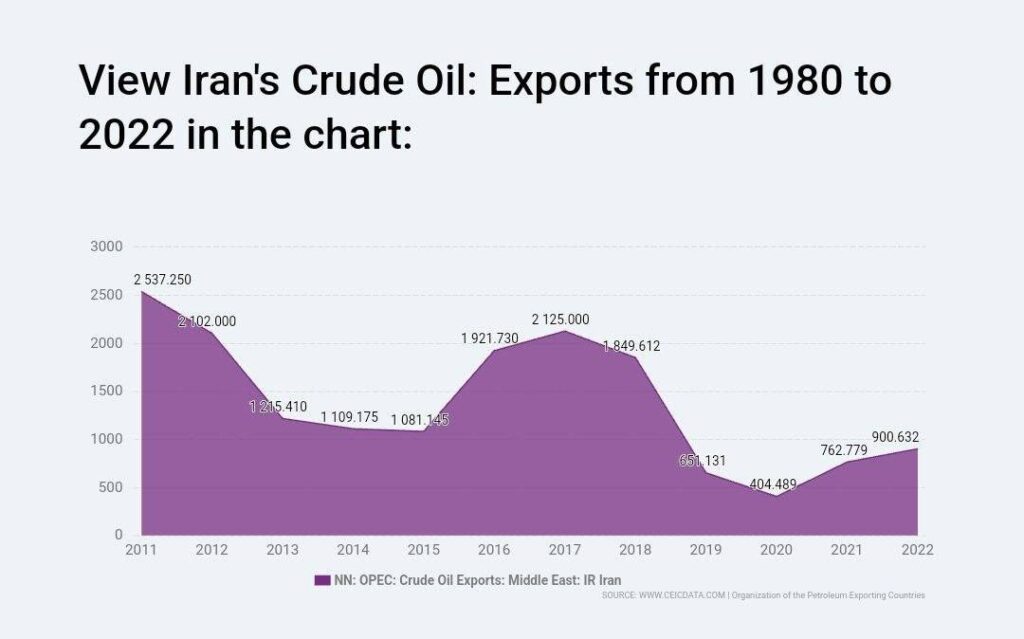Two days before the 2024 elections and Americans find themselves in a revel of name-calling. The American media, acting as campaign surrogates, edit and spin the candidates’ remarks to support the epithets.
“Facts are stubborn things,” said our second president John Adams, “and whatever may be our wishes, our inclinations, or the dictates of our passion, they cannot alter the state of facts and evidence.” Adams, as a young lawyer, took the unpopular job of defending British colonial soldiers arrested and accused of committing what the press termed the “Boston Massacre.” He won the case (this quote is from his closing summation) by showing facts indicating the soldiers had acted in self-defense.
In the spirit of John Adams, let’s ignore the adjectives and focus on the verbs. Let’s focus on the candidates’ actions specific to two issues – antisemitism and Israel – not on their statements or spins on their statements, which are bitterly debated in the media.
Combating Antisemitism
President Trump signed an executive order in 2019 that for the first time extended the protections of Title VI of the Civil Rights Act of 1964 to American Jews. According to this executive order, “[a]nti-Semitic incidents have increased and students, in particular, continue to face anti-Semitic harassment in schools and on university and college campuses.”
The number of antisemitic incidents in the US has continued to climb, according to the ADL, surging 140 percent in 2023 alone. Private individuals and civil society organizations use Trump’s executive order to force American universities to protect Jewish students. For instance, in August 2024, a federal district court, cited it in ordering UCLA to stop allowing and assisting antisemitic agitators to ban Jews from large parts of the campus.
Critical to the executive order’s usefulness was a definition of antisemitism that includes certain forms of anti-Zionism. This is the International Holocaust Remembrance Alliance definition, adopted by 44 countries and 35 US states. In the Obama administration, the US State Department adopted this definition for advocacy with foreign countries, but not for use domestically by the federal government. Trump extended it to domestic antisemitism.
The Biden administration also reacted to the surge of antisemitism. It published a National Strategy to Counter Antisemitism in May 2023 The government did not assign implementation of the strategy to any person or body, so there is no central monitoring, follow-up or leadership of the strategy. It favorably cites two definitions of antisemitism that oppose inclusion of any form of anti-Zionism. The Biden team initially named the anti-Zionist Council on American-Islamic Relations (CAIR) as an implementing partner of the strategy (though revoked it after CAIR praised Hamas’s October 7 invasion of Israel.)
In addition to its antisemitism strategy, the Biden administration dedicated $400 million to fund security improvements at nonprofits and houses of worship not specifically targeting Jewish institutions, but including synagogues and Hillel campus centers.
The Biden administration continued the Trump executive order but, to date, its Education and Justice Departments have largely refrained from using this extension of civil rights laws to press the universities or school systems to protect Jews, leaving that work largely to outside groups.
Supporting Israel
President Trump recognized Jerusalem as Israel’s capital on December 6, 2017 and announced the move of the US embassy from Tel Aviv to Jerusalem, fulfilling a campaign pledge. Previous candidates Bill Clinton and George W. Bush made the same pledge – and candidate Barak Obama similarly pledged that Jerusalem should remain the undivided capital of Israel – but none implemented them as president.
The Trump team negotiated and, in September 2020, he signed peace agreements between Israel and three Arab countries, significantly expanding Israel’s relations in the Middle East. These three are the second largest Arab economy (the United Arab Emirates), the second most populous Arab country (Morocco) and the Arab country most engaged in US-led anti-Iran military operations (Bahrain).
On Iran, Trump revoked US participation in the Joint Comprehensive Plan of Action (JCPOA) with Iran, which sought to freeze Iran’s nuclear program for a period of ten years ending in 2026. Both Israeli prime minister Netanyahu and the leader of Israel’s opposition Lapid, along with a large majority of Israel’s population, also opposed the JCPOA.
Trump replaced the JCPOA (which had loosened previously existing sanctions on Iran’s oil exports) by tightening sanctions and sharply reducing its oil revenue, designating its Revolutionary Guard Corps as a terrorist organization, and applying military pressure.
The Biden administration continued Trump’s tightened sanctions on Iran but failed to implement them with the same vigor. Partly as a result of lax enforcement, Iran’s oil revenue soared by tens of billions of dollars under Biden.

After October 7, 2023, when Israel was attacked by terrorist organizations from five countries plus their state sponsor in Iran, the Biden administration supported Israel. It expedited weapons re-supply for the first four months of this ongoing war. But as the US learned from five years of active military operations against ISIS in Iraq and Syria, dismantling entrenched terrorist armies often takes years.
Beginning in March 2024, the Biden administration returned Israel’s weapons supply authorizations to regular State Department channels, resulting in a slow-down in many cases (including kits that allow bombs to target specific locations and reduce civilian casualties). In the case of 2,000-pound bombs (a weapon which the US used in the 2016-17 siege of Mosul), the Biden administration withheld it from Israel and Vice President Harris said she continues to support withholding it.
In July 2024, when Congress invited the elected head of a liberal democracy fighting a war of self defense – Israel’s Netanyahu – to address a joint session, Vice President Harris, who presides over the Senate, absented herself.
Finally, regarding Jerusalem, the Biden administration didn’t reverse the Trump decision to move the embassy to Jerusalem. But it failed to make progress on replacing the temporary modest quarters of the US embassy in Jerusalem with a new building needed to house the embassy staff. As a result, most US embassy staff remain in Tel Aviv. The politically powerful Biden appointees to Israel have not made moving the embassy to Jerusalem a priority, allowing the site selection and construction processes to remain in bureaucratic channels.
Conclusion
In these two issues, we see a pattern. Initiatives by Trump are continued under Biden but as press releases, not sustained in practice. Extending Title VI civil rights protections to American Jews and recognizing Jerusalem as Israel’s capital lack full implementation under Biden. Enforcement of oil sanctions on Iran, especially against the main purchaser of Iranian oil, China, is not a priority. Support for Israel in a war against terrorists is limited to prescribed actions. Vice President Harris shares this record.
An exception to this pattern is the case of Trump’s expansion of Israel’s relations in the Middle East. Here the Biden team did follow up the Abraham Accords with the Negev Forum and launched a good-faith (if belated) effort with Saudi Arabia.
Rhetoric and spin are ever present on all sides, but facts are stubborn things.

